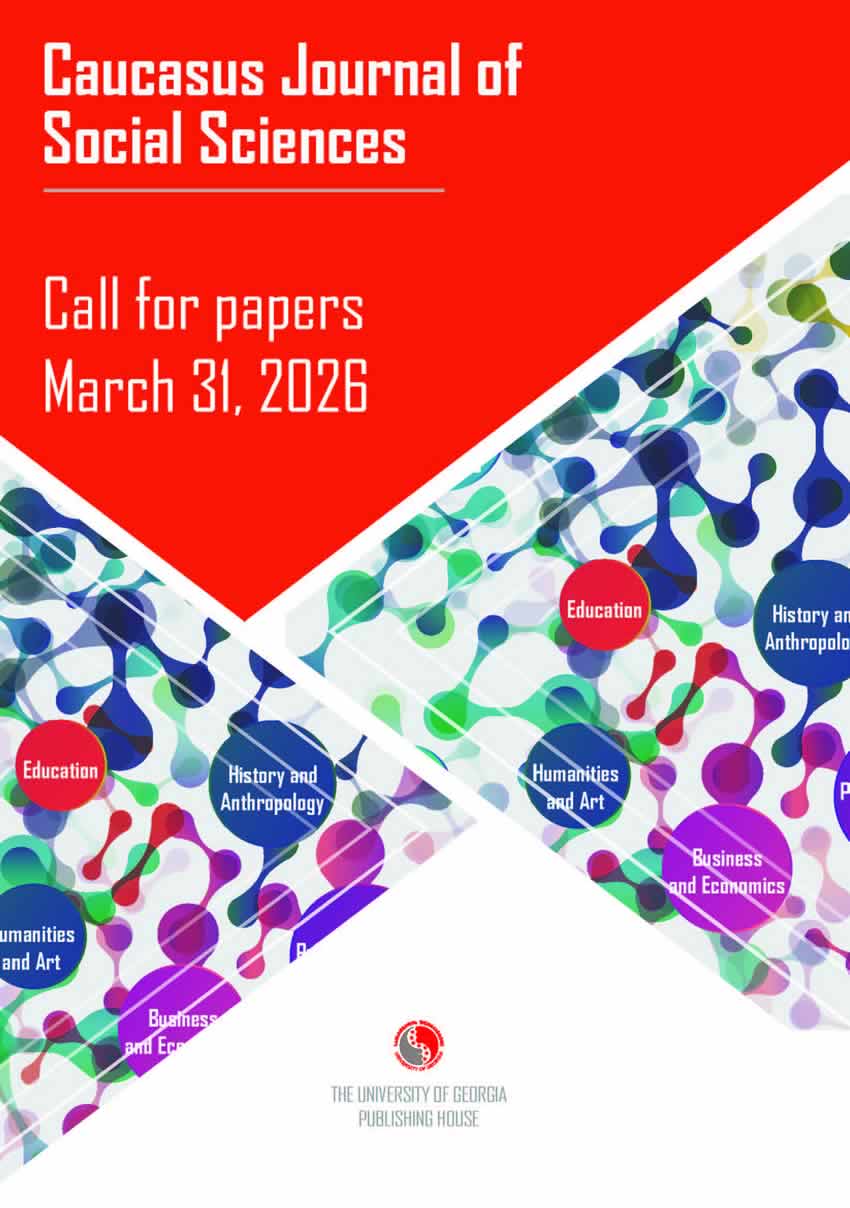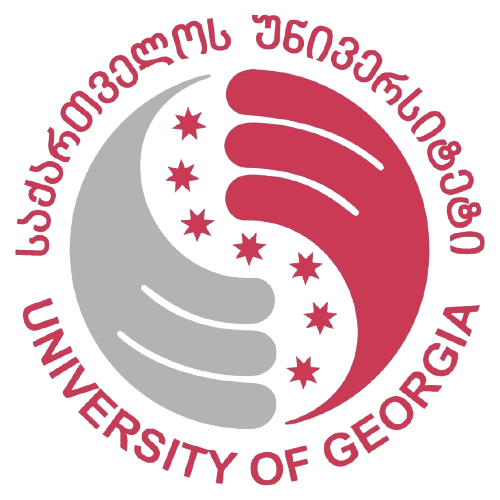From the History of the Foreign Policy of Georgian Kings in the 1st Half of the 14th Century
DOI:
https://doi.org/10.62343/cjss.2009.22Keywords:
Monastery of the Holy Cross, Sultanate of Egypt, International Relations, Envoys, DiplomacyAbstract
The present paper focuses on the diplomatic relations between Georgia and the Sultan of Egypt. The Georgian envoys were sent to Egypt several times – in 1305/6, 1310/11, 1316/7, 1320. Their goal was restitution of the Monastery of the Holy Cross in Jerusalem confiscated in 1270s by Baybars I, the Sultan of Mamluk Egypt. Considering the issue the author of
the paper comes to the following conclusions: In all cases the envoys were sent by the king of the West Georgia, Constantine,
son to David, who achieved the goal in negotiations with the Mamluk Sultan; Giorgi the Brilliant began his activities on the Holy Land after establishing peaceful relations between Ilkhans and Mamluk Sultan under the treaty concluded in 1323. The latter was carried out with the active parng Giorgi V. Giorgi the Brilliant got independence by the flexible diplomatic policy, alliance with Ilkhans in the confrontation between the Golden Horde and Ilkhans and determining his right function in that situation; “King of kings” David, who is mentioned is a renovator of the Monastery of the Holy Cross in the bead-roll of the Monastery, is not David VIII, as it was supposed in the scholarly literature, but David IX, son of Giorgi the Brilliant.
Downloads
Published
How to Cite
Issue
Section
License
Copyright (c) 2023 Giuli Alasania

This work is licensed under a Creative Commons Attribution 4.0 International License.
In case an article is accepted for publication it is allowed to combine the article with other research, to conduct new research on the article, or to make different arrangements on condition that the same license is used including commercial purposes.
As an author of an article published in the Caucasus Journal of Social Sciences, you retain the copyright of your article and you are free to reproduce and disseminate your work.











